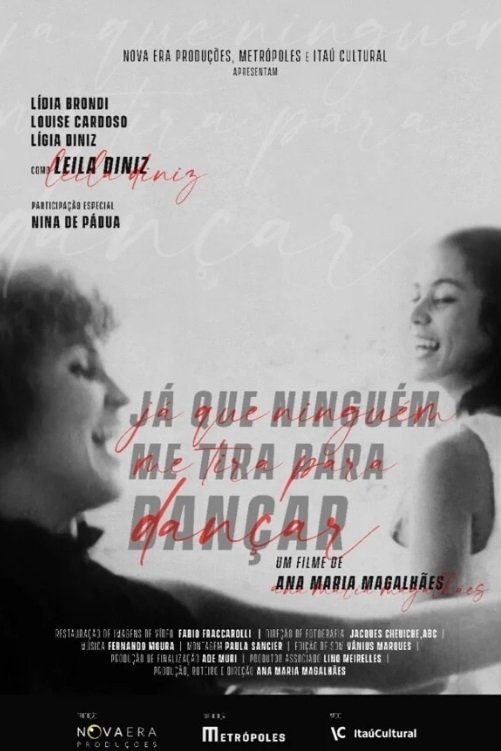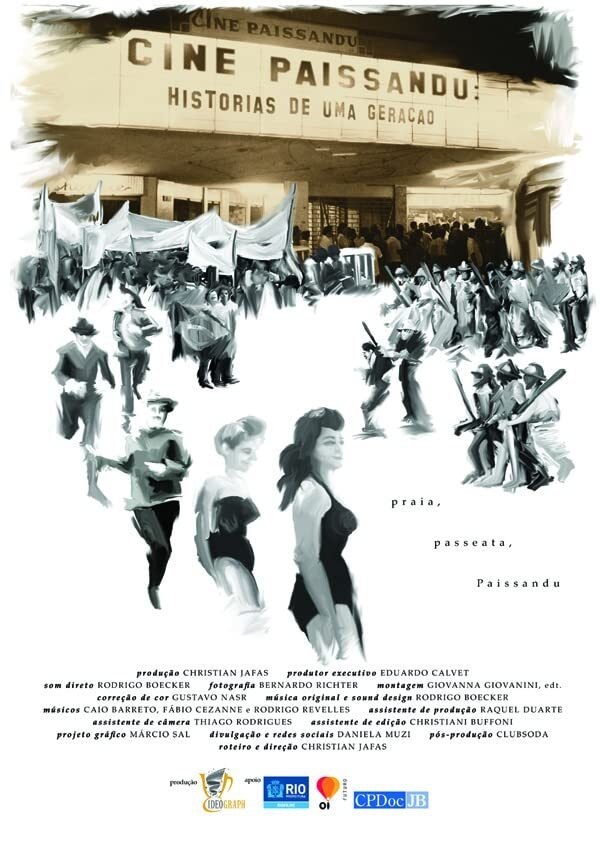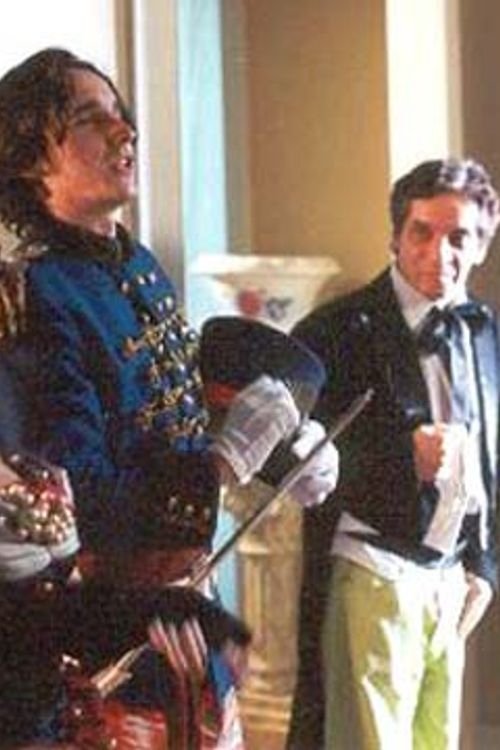

Domingos José Soares de Oliveira (September 28, 1936 — March 23, 2019) was a Brazilian actor, playwright, stage director, TV host, poet and filmmaker. After getting a bachelor's degree in Engineering, he got involved in amateur theatre and soon started to get involved with cinema, specially with the Brazilian New Wave (Cinema Novo) movement. He served as assistant director to Joaquim Pedro de Andrade in short films "Manuel Bandeira, o Poeta do Castelo" and "Couro de Gato", and debuted as a film director with 1966's "Todas as Mulheres do Mundo". After that, Oliveira wrote over 20 stage plays, directed 18 films and hosted 3 TV shows, all in which he constantly worked with his partner Priscilla Rozenbaum. For his plays and occasionally self-starred very low-budget films often deal with themes of love and sex in a humorous and intelligent key, he became known as the "Brazilian Woody Allen". During his late years, Oliveira struggled with Parkinson's Disease, but kept working until his passing in March 2019.

The documentary is a tribute to Theater based on the...

Conducted from interviews with personalities who lived with Leila Diniz...

Documentary about the cinema that formed the Paissandu Generation, in...

The film tells a little of the history of Brazil...